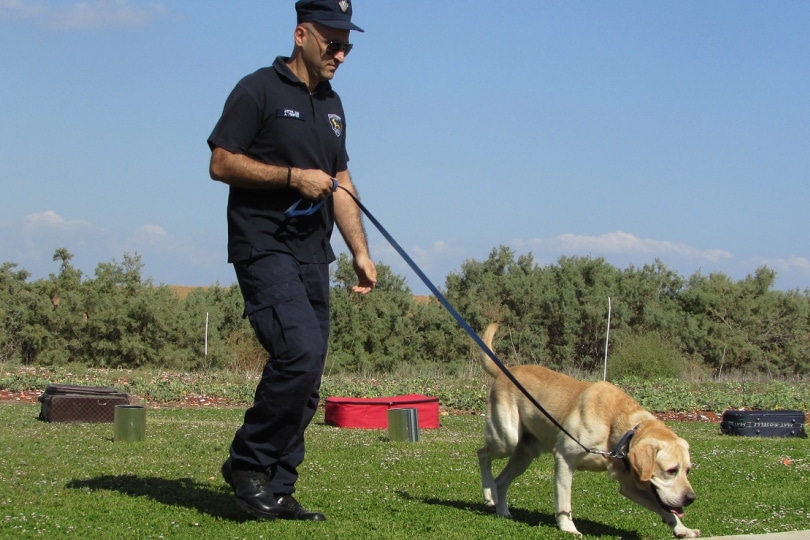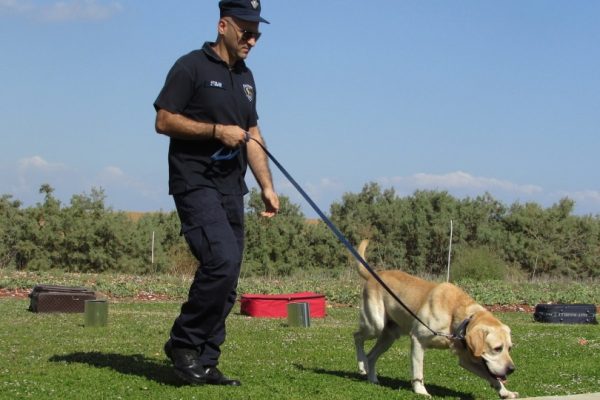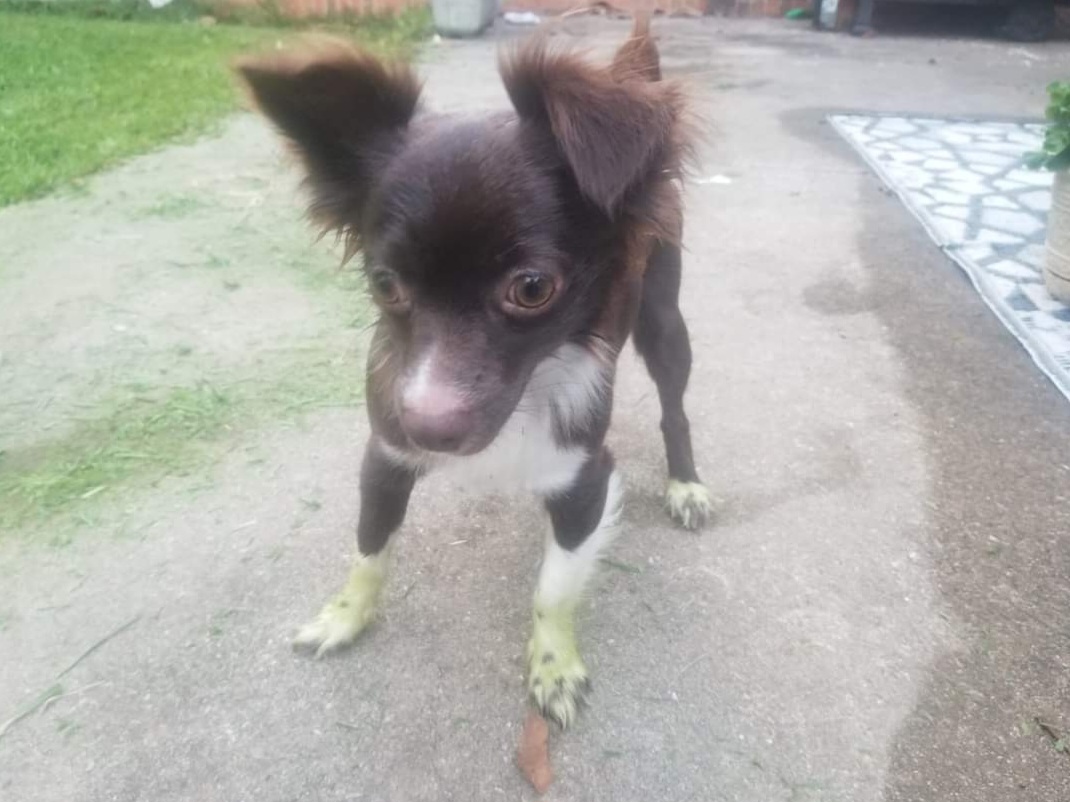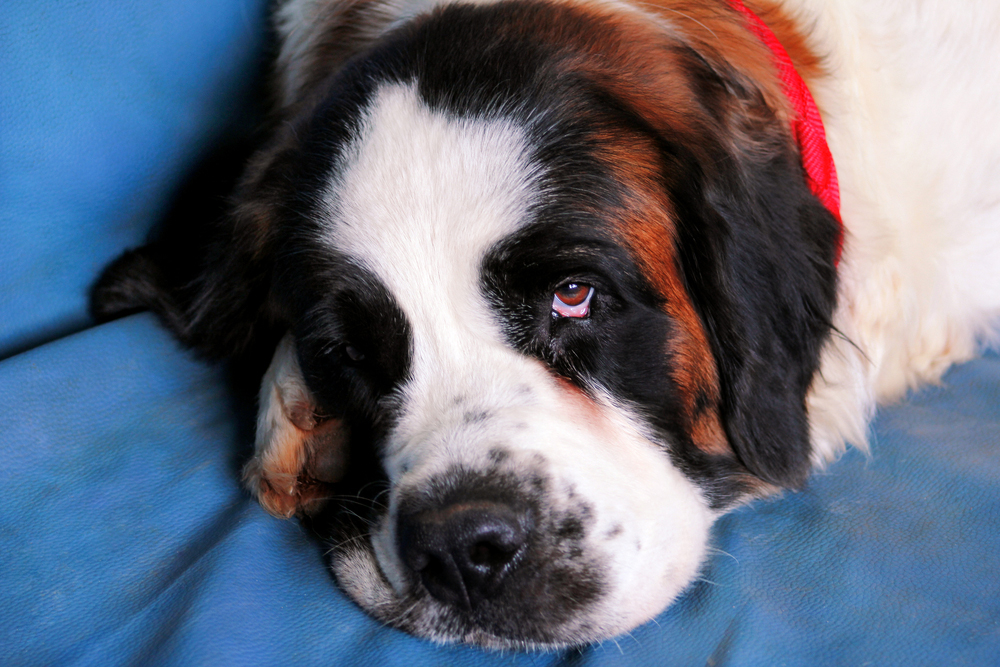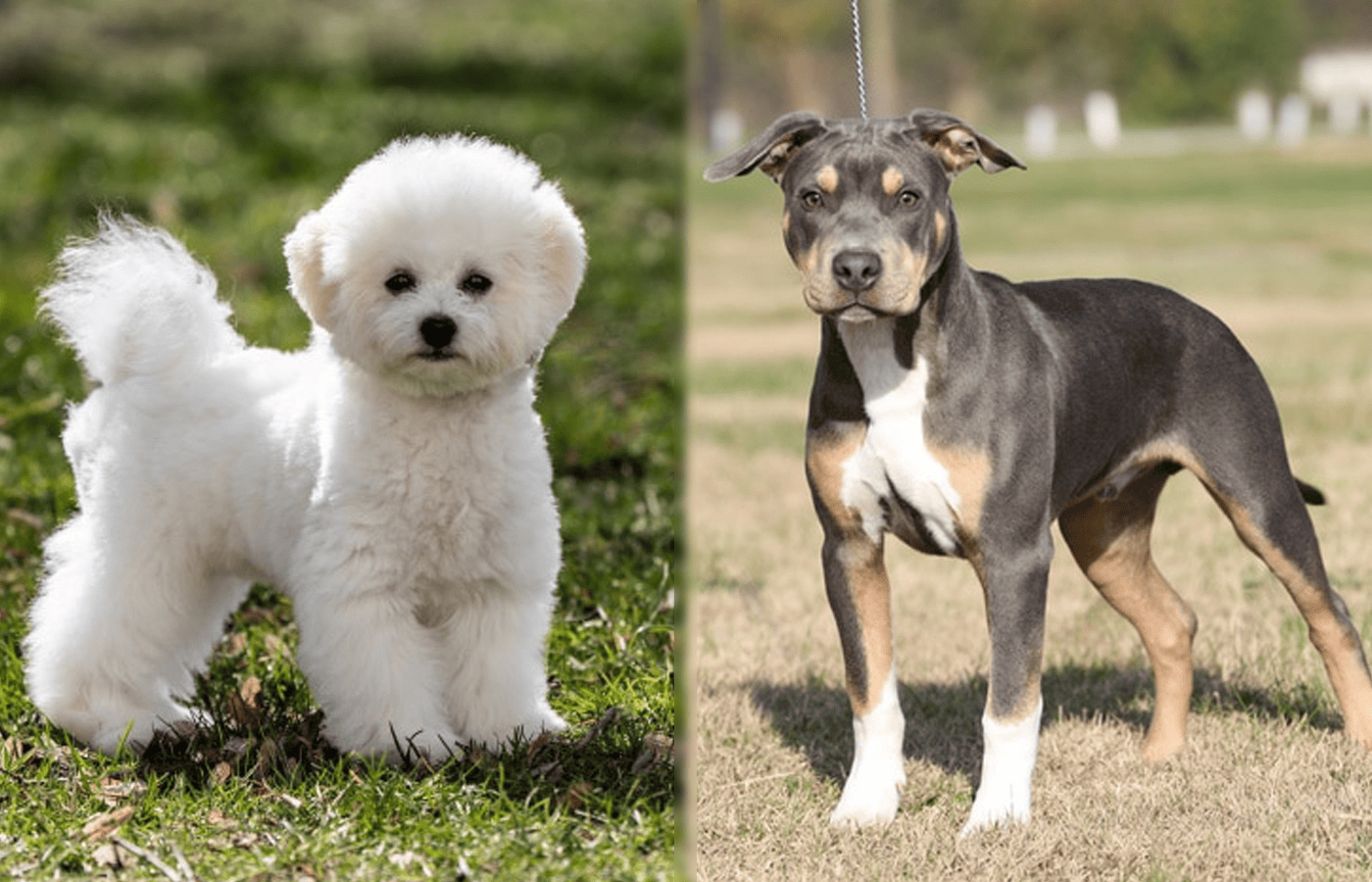Police dogs are a vital part of the police force, employed in jobs that humans simply cannot do, including advanced drug detection, search and rescue, and protection. In order to be the best that they can possibly be at this type of work, police dogs undergo highly specialized training, which can take up to 2 years in some cases. The training process to become a police dog is difficult, grueling, and caters to very specific types of dogs, so much so that almost half the dogs enrolled in police training don’t make the cut and end up getting sent back to their foster homes or rehomed.
But what happens to the dogs that don’t make it? Let’s find out!
What Are the Reasons for Police Dogs Not Passing Police Training?
Police dog training is a complex and intense process, and the dogs that don’t make the cut are not “inferior” in any way — they just do not have the very specific traits needed for police work. The first 9 months or so of basic training is the easiest part for the dogs, with only around a 5% failure rate.
There are various reasons for dogs not passing police training, but the main ones are nerves, medical issues, lack of drive, and surprisingly, an aversion to smooth, shiny floors — this is a common stressor among many dogs. These dogs are usually too sensitive for the rigorous training methods, may become too nervous due to an injury or incident, or they may be too aggressive toward their handler or too friendly toward strangers.
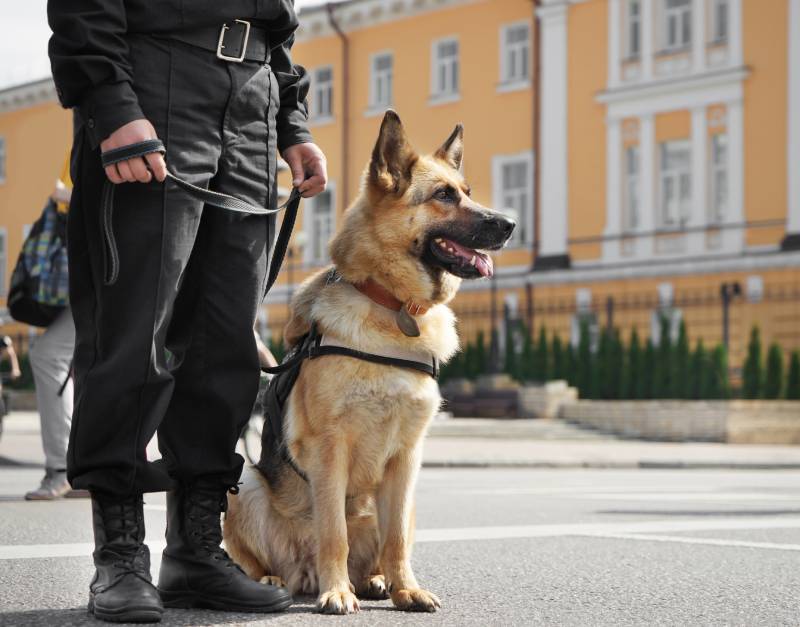
How Many Police Dogs Don’t Pass Police Training?
It takes a special type of dog to make it through the entire training process with flying colors. There is nothing inherently wrong with the dogs that don’t make it, though; they are just not 100% suited to the intense work environment that police dogs are exposed to. In the end, almost half the dogs enrolled in training do not pass and are usually rehomed.
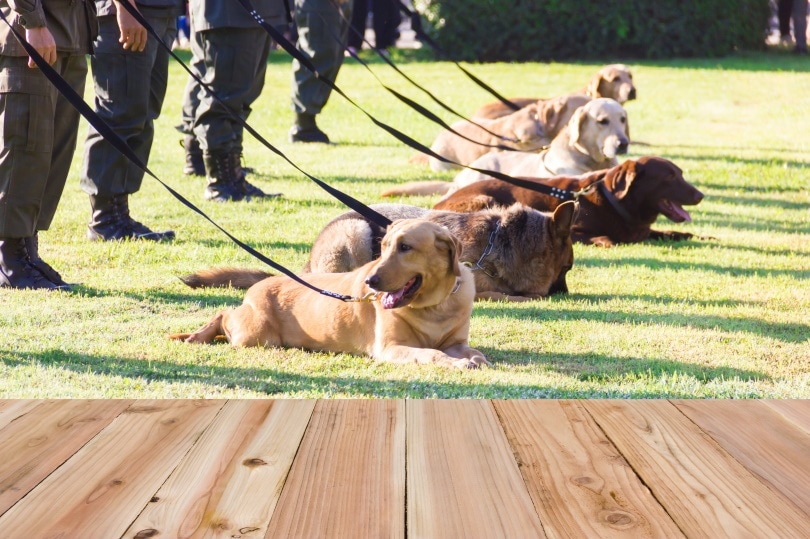
What Happens to Dogs That Fail Police Training?
During a police dog’s initial basic training, which can last until they’re up to 9 months old, many of these dogs are cared for in foster homes before going off to begin proper police training. If they don’t make the cut, many of them are sent back to these foster homes if the foster parents can take them. These dogs are typically bred from high-quality stock, so females that fail may sometimes be kept by the police force for breeding.
If the foster parents cannot home the dog permanently, the dogs may be rehomed directly by the police force or sent to a national rescue center to be rehomed. A few dogs may be able to be utilized in other police or military applications, depending on the reasons that they failed, but the majority are rehomed. Several rescue organizations in the United States rehome failed police dogs, including Service Dogs Inc., Freedom Service Dogs of America, and various guide dogs for the blind organizations.
Since these dogs have typically undergone highly specialized training, they can be rather pricey, and the adoption process itself is rigorous. For example, you must have a fenced yard and no intention of moving for at least 9 months, and the process itself can take months — if there is a dog available, as most of the time, there are more potential adopters than available dogs.
It’s important to remember that these dogs need a ton of mental and physical stimulation, and while they can make fantastic pets for the right owners, they are working dogs that come with a massive responsibility.
Conclusion
Police dog training is a highly rigorous and intensive process, and it takes a special dog to make it all the way through. Almost half the dogs don’t make the cut but are still wonderful, intelligent, and capable animals nonetheless. Thankfully, these dogs always go on to good homes, but due to the rigorous application process for adoption, there are long lists of potential adopters waiting for a chance to bring one home.
Featured Image Credit: dimitrivetsikas1969, Pixabay

